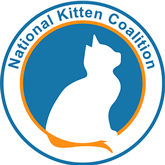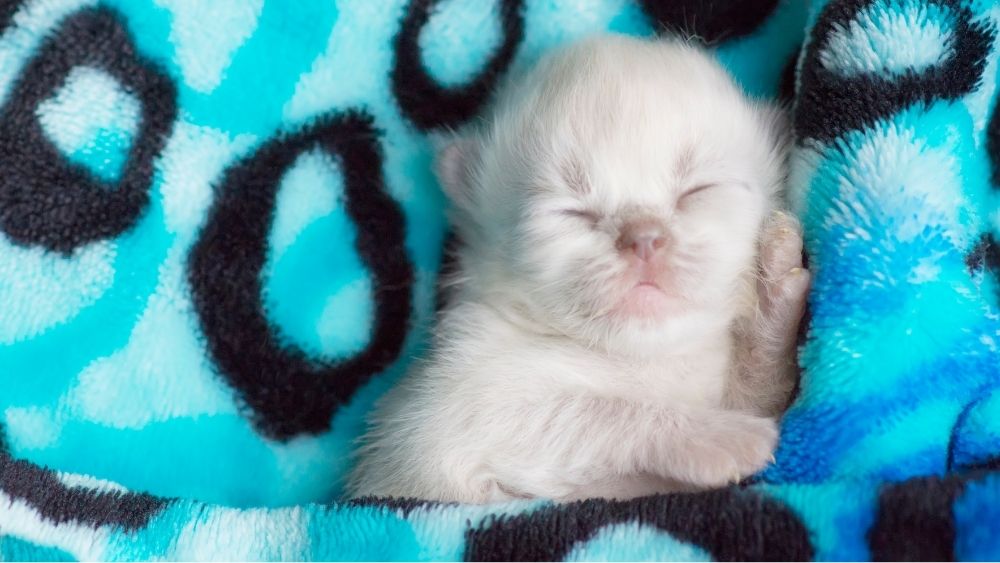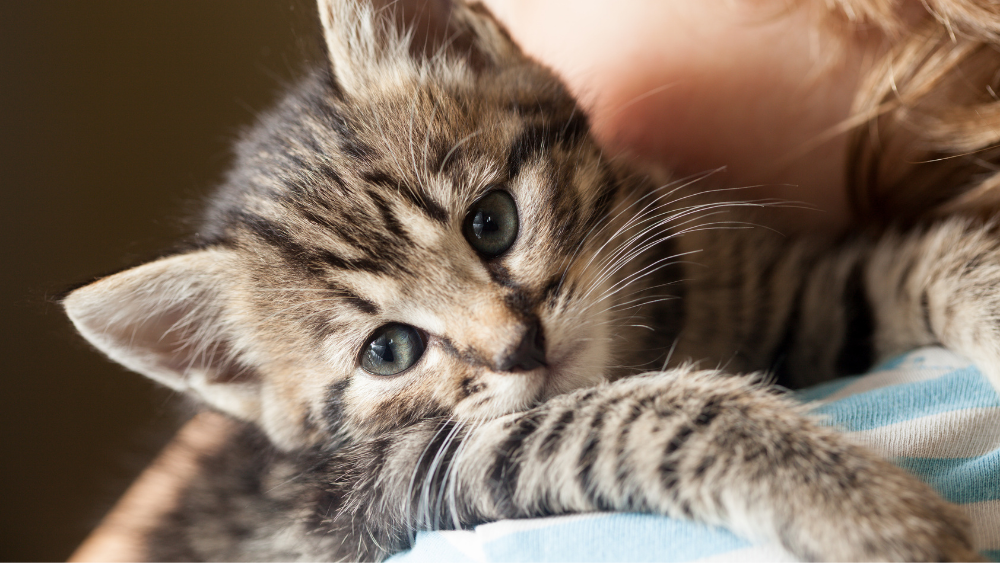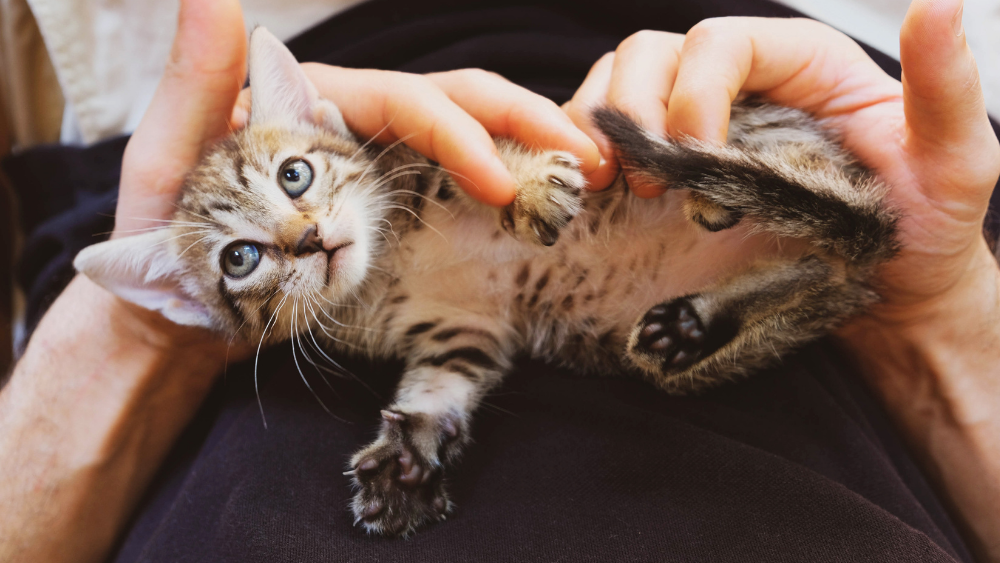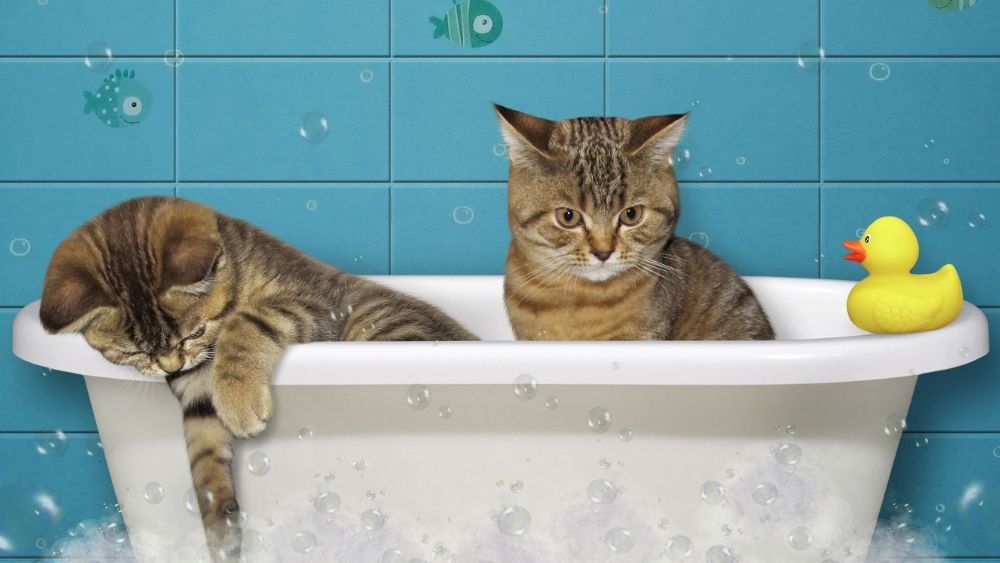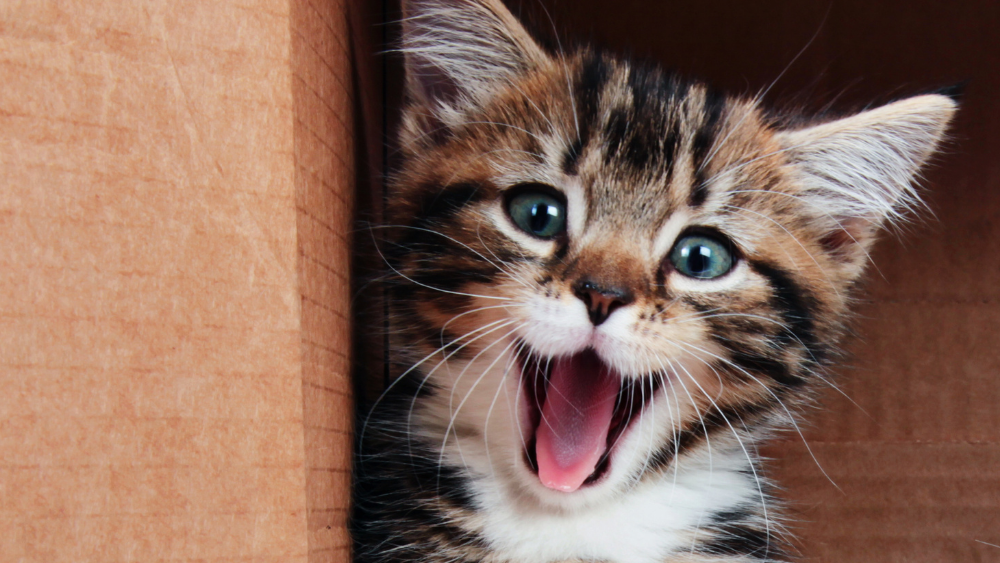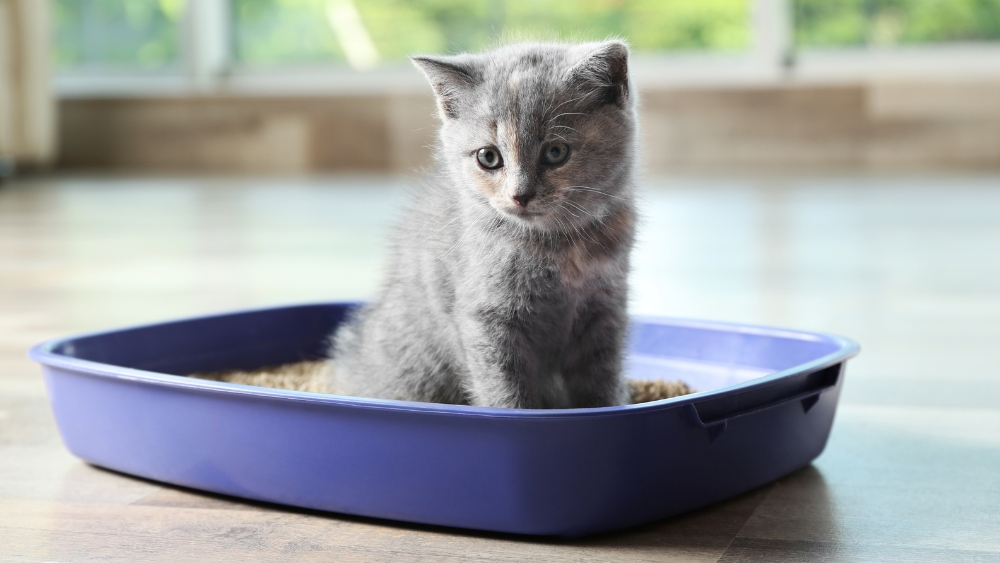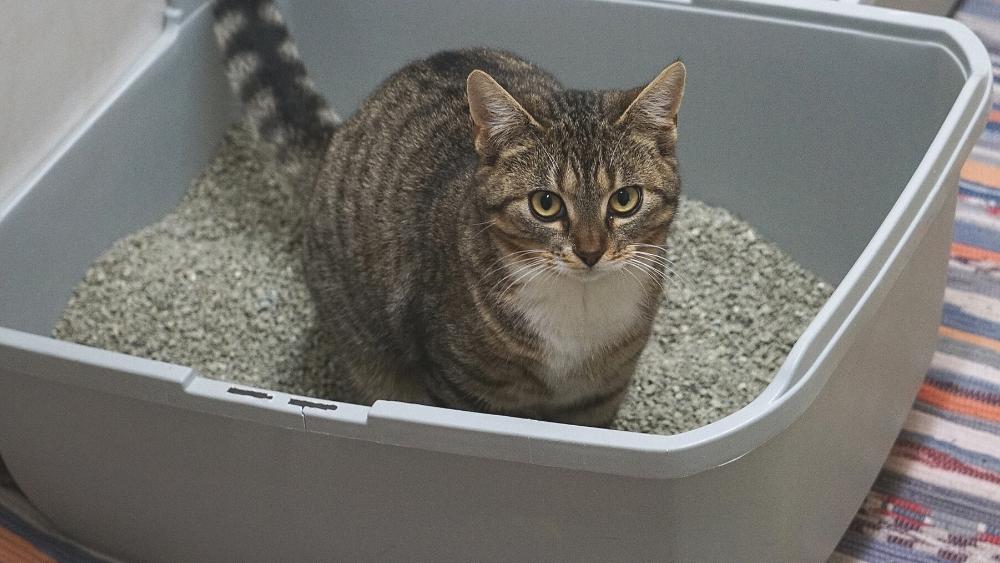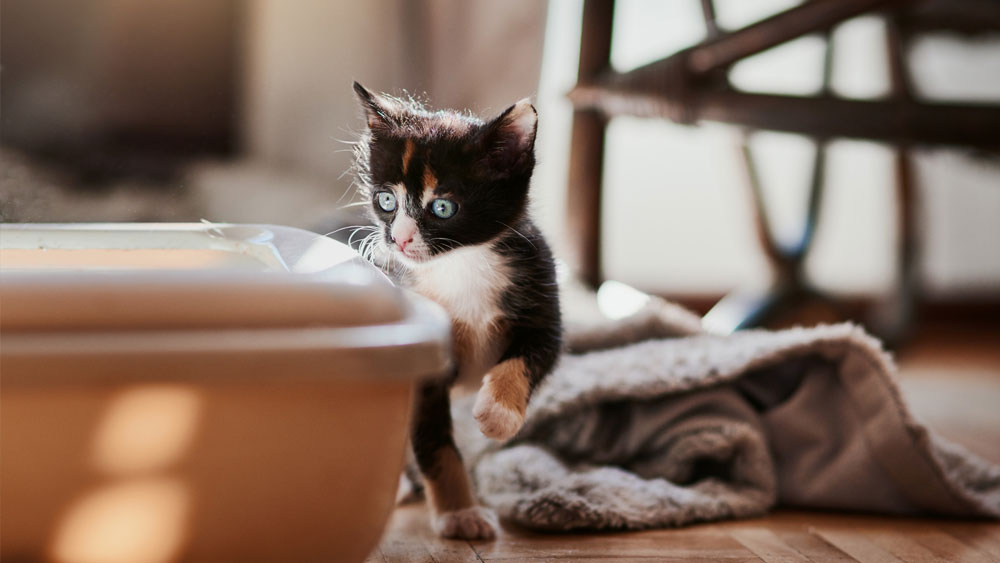Pectus Excavatum in Kittens
Pectus excavatum, also known as funnel chest, is present at birth and affects the sternum, a long flat bone located in the center of the chest, and the rib cage.
Pectus excavatum causes a malformation of the sternum and costal cartilages (connecting tissues attaching the ribs to the sternum), which results in a narrowing, irregularly […]
